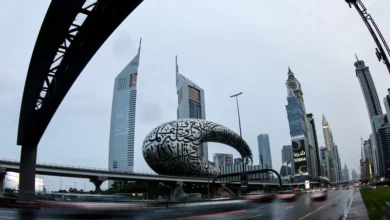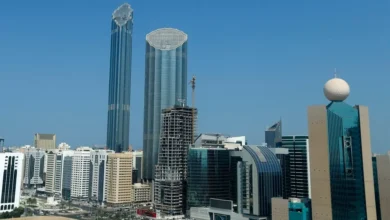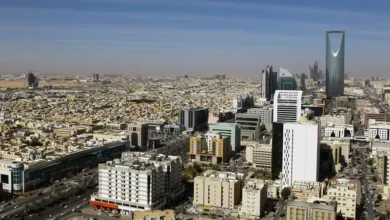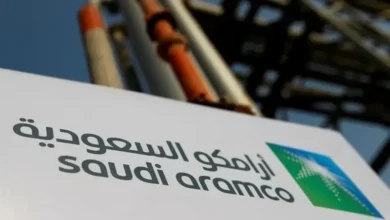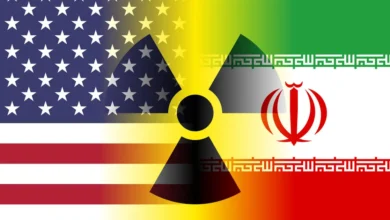Lebanon’s financial crisis worsened by lack of police action, IMF says
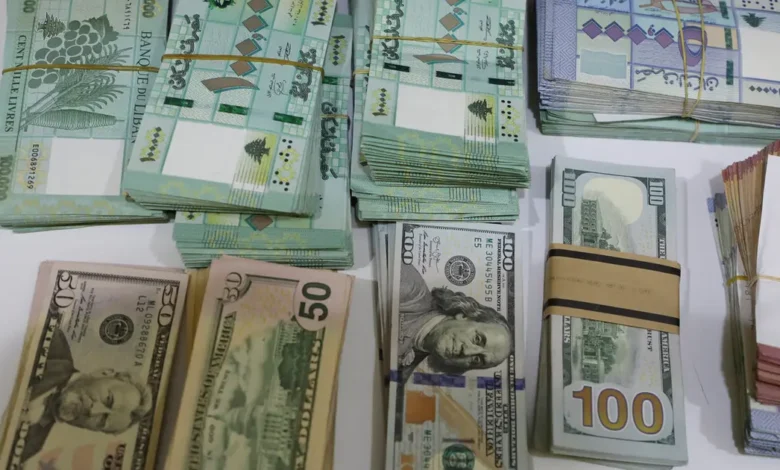
Lebanon’s financial crisis had been compounded by the lack of policy action and vested interests that prompted resistance to reforms, the International Monetary Fund said on Thursday in its first Article IV report since the economy began to unravel in 2019.
The IMF said delay had led to a decrease in the foreign currency deposits that could eventually be recovered when the banking sector is restructured, saying $10 billion less could be recovered now than in 2020.
Without reforms, public debt could reach 547 percent of GDP by 2027, it said in what is known as an Article IV report
“The continuation of the status quo presents the largest risk to Lebanon’s economic and social stability, taking the country down an unpredictable road,” the report said.
Lebanon signed an agreement with the IMF in April 2022 but has not met the conditions to secure a full program, seen as crucial for its recovery from one of the world’s worst financial crises.
The IMF on Thursday said the reform measures Lebanon had attempted so far, including the 2022 budget, a banking secrecy law and a draft capital controls law, fell short of the advice given to authorities by IMF staff or the expectations discussed.
Mission chief Ernesto Rigo told reporters that Lebanon’s current account balance was “very disappointing in 2022,” and that it was also discouraging that Lebanon had yet to pass a 2023 budget halfway through the year.
“The situation is very dire,” he said.
